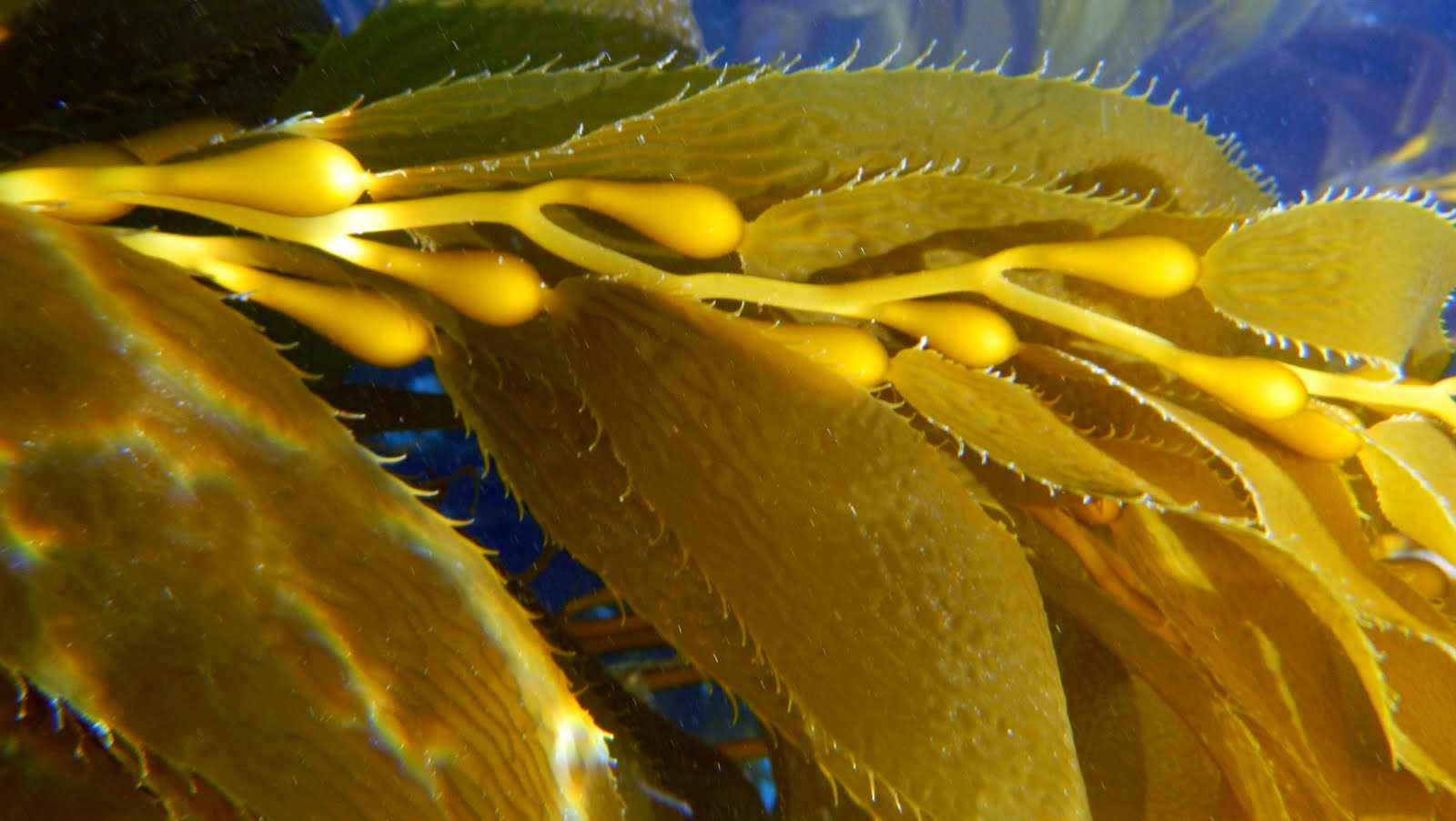
Seaweed biofuel might be the next generation of fuels thanks to ally in E. Coli. The benefits of seaweed over land-based crops is it grows underwater and requires no watering or fertilizer like corn or other land plants plus it contains no lignin — a strong strand of complex sugars that stiffens plant stalks but is a big challenge to converting the sugars to ethanol.
Recently researchers from the University of Washington in Seattle and Bio Architecture Lab, Inc., (BAL) built a microbe capable of digesting seaweed and converting it into ethanol or other fuels or chemicals. According to synthetic biologist Yasuo Yoshikuni, a co-founder of BAL, they took Escherichia coli, a bacterium most infamous as a food contaminant, threw in a few genetic modifications and now can take the sugars from edible kelp (called kombu) and turn it into fuel.
The team reported their findings in the January 20 issue of the journal Science. The analysis of the research hints that the U.S. could supply 1% of its annual gasoline needs growing the seaweed in less than 1% of its territorial waters. And if you fear, this engineered E. coli escaping into the wild and consuming the seaweed already out there or something else drastic, Yoshikuni states. “E. coli loves the human gut, it doesn’t like the ocean environment,” he says. “I can hardly imagine it would do something. It would just be dead.”
[via Gizmodo and the Scientific American, image via Laguna Bluebelt Coalition]


